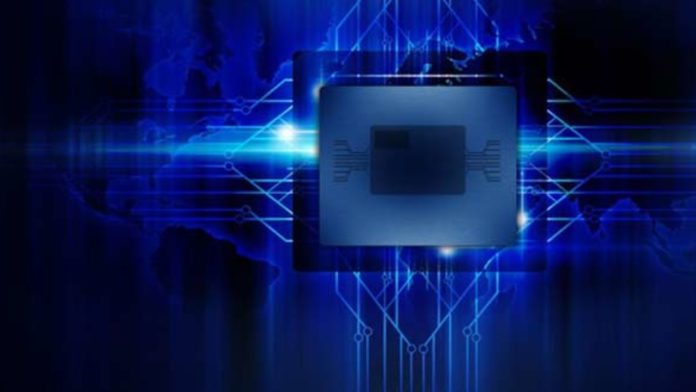Intel processors reportedly have a dangerous security hole. Is a researcher from Positive Technology Research who found a vulnerability in Intel processors used in PCs, servers, and devices based on the Internet of Things (IoT).
Intel Security
The two researchers named Mark Ermolov and Maxim Goryachy found a security hole in devices that use Intel processors. The device is potentially attacked remotely.
Attackers can launch a number of commands on devices using an Intel 2015 processor. The attackers can even access information systems from victim devices.
According to estimates, there are millions of computers that could potentially be the victims of this bug. Although most require physical access on the victim’s device, some also allow the attack to be done remotely.
The company has uploaded this vulnerability on the support site for Windows and Linux. As a follow up, Intel immediately did a thorough identification of this security hole.
This bug is called attacking a number of Intel processors, ranging from 6th generation Intel Core (Skylake), 7th generation (Kaby Lake), and 8th generation (Kaby Lake-R and Coffee Lake). Not only that, Xeon processor line is also prone to become victims.
The data shows the C3000 and E3900 processor lines used on the IoT platform and the Celeron N and J series are included in the list. Tackling this problem, some vendors like HP and Dell claim to have prepared patches and are ready to distribute them.
Latest 8th Generation Intel Series
Just for information, Intel has just introduced the 8th generation Core i processor series for the notebook market and followed by a similar processor for PC needs.
Then what is the difference between the 8th Generation series for this line of notebooks and desktops? What sets it apart is the higher number of desktop processor cores than in notebooks.
READ MORE- hoverboard backpacks
For example, the Core i3 (entry-level) processor on the desktop has four cores instead of two cores. Similarly, the Core i5 (mid-range) processor with six cores instead of four; and the Core i7 model has six cores with hyper-trading support.
The 8th generation known as Coffee Lake is claimed 32 percent faster than the previous series and 65 percent faster than the three-year-old computer used for video editing.
Known, Intel introduced this 8th Generation Core i processor in six models. Each series has two different variants.









